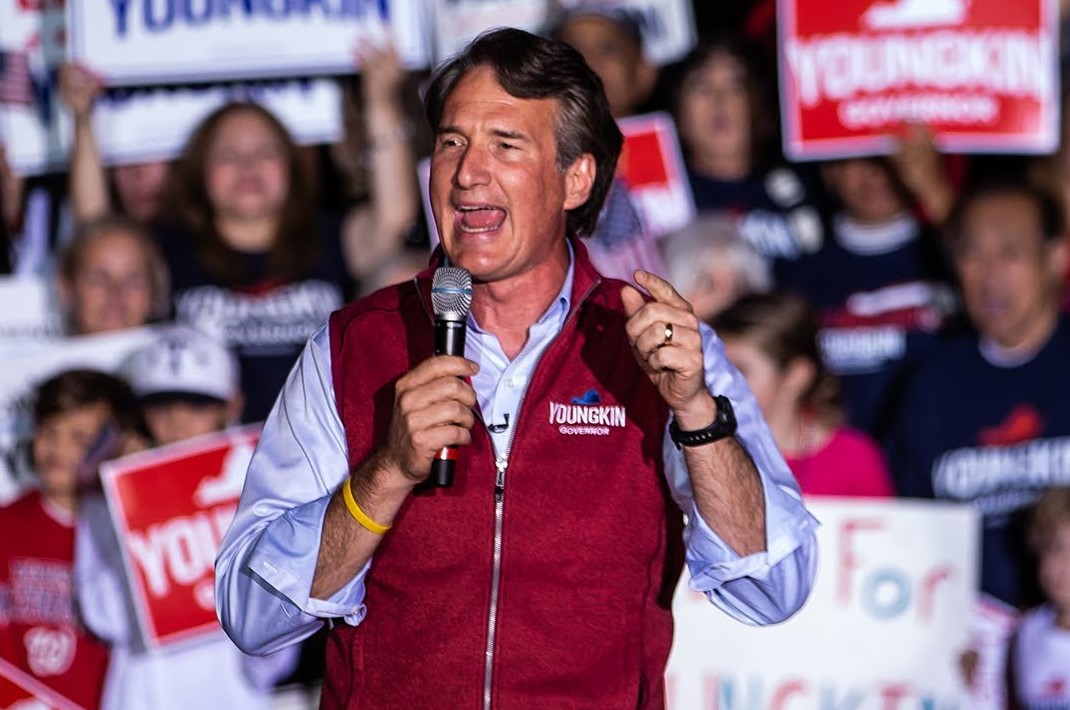The Justice Department announced on Friday that it is suing Virginia over a program that removes non-citizens from voter rolls. The lawsuit alleges that Virginia’s actions violate the National Voter Registration Act of 1993 (NVRA), specifically targeting a provision that prevents states from systematically purging voter lists within 90 days of a federal election. According to the DOJ, the program was implemented too close to the upcoming November 5 election, potentially endangering eligible voters’ right to participate.
The NVRA, particularly its “Quiet Period Provision,” requires states to avoid systematic purges of voter rolls within this 90-day window. The DOJ argues that by attempting to remove perceived ineligible voters during this period, Virginia risks wrongly disenfranchising those who are qualified to vote. Assistant Attorney General Kristen Clarke emphasized the importance of adhering to these rules, stating, “The right to vote is the cornerstone of our democracy, and the Justice Department will continue to ensure that the rights of qualified voters are protected.”
This lawsuit arrives shortly after Virginia Governor Glenn Youngkin issued an executive order aimed at bolstering election security. Youngkin’s executive order includes measures like using only paper ballots, verifying voter identities through DMV data, and monitoring drop boxes around the clock. Youngkin asserts these steps are necessary to prevent voter fraud and ensure election integrity.
In response to the DOJ’s lawsuit, Governor Youngkin accused the Biden administration of political interference. He pointed out that Virginia’s voter roll maintenance practices adhere to a 2006 law signed by then-Governor Tim Kaine, a Democrat. “With less than 30 days until the election, the Biden-Harris Department of Justice is filing an unprecedented lawsuit against me and the Commonwealth of Virginia, for appropriately enforcing a 2006 law,” Youngkin said. He argued that Virginia’s efforts to update its voter rolls are legal, commonsense measures aimed at ensuring election security, not suppression.
Youngkin further defended Virginia’s actions, stating that any removal from the voter rolls is based on self-reported non-citizenship status, which is verified before voters are removed. He also emphasized that Virginia’s policies, including daily updates to voter rolls using DMV data, are aimed at providing secure elections and preventing fraud.
The case boils down to whether Virginia’s actions are considered a “systematic” removal in violation of the NVRA or if they fall within the state’s rights to enforce voter eligibility. If Virginia can argue that its removal process was not part of a broader “systematic program” but rather a targeted effort within legal bounds, it might have a viable defense. The DOJ, on the other hand, will likely emphasize the risks of last-minute voter purges, which have historically led to mistakes and potential disenfranchisement, as noted in their statement.
As the November 5 election nears, the tension between Virginia’s election policies and federal oversight is sure to intensify. With Virginia as a battleground over election integrity, this case could set a precedent for how states manage their voter rolls in future elections.


Leave a Comment